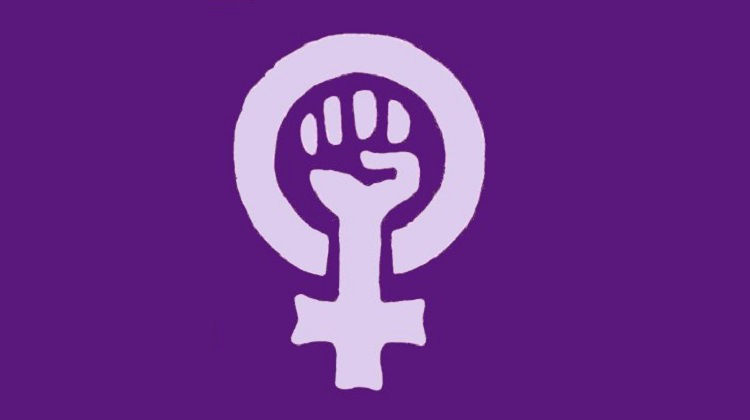But what did the boy REALLY want?
When an adult gets into bed with another adult, this is understood. None of this is understood by a teenager who is kept from the world, or a “juvenile delinquent” getting a lap dance from a grown female prison guard. B.R. Merrick has much to say on the topic.

